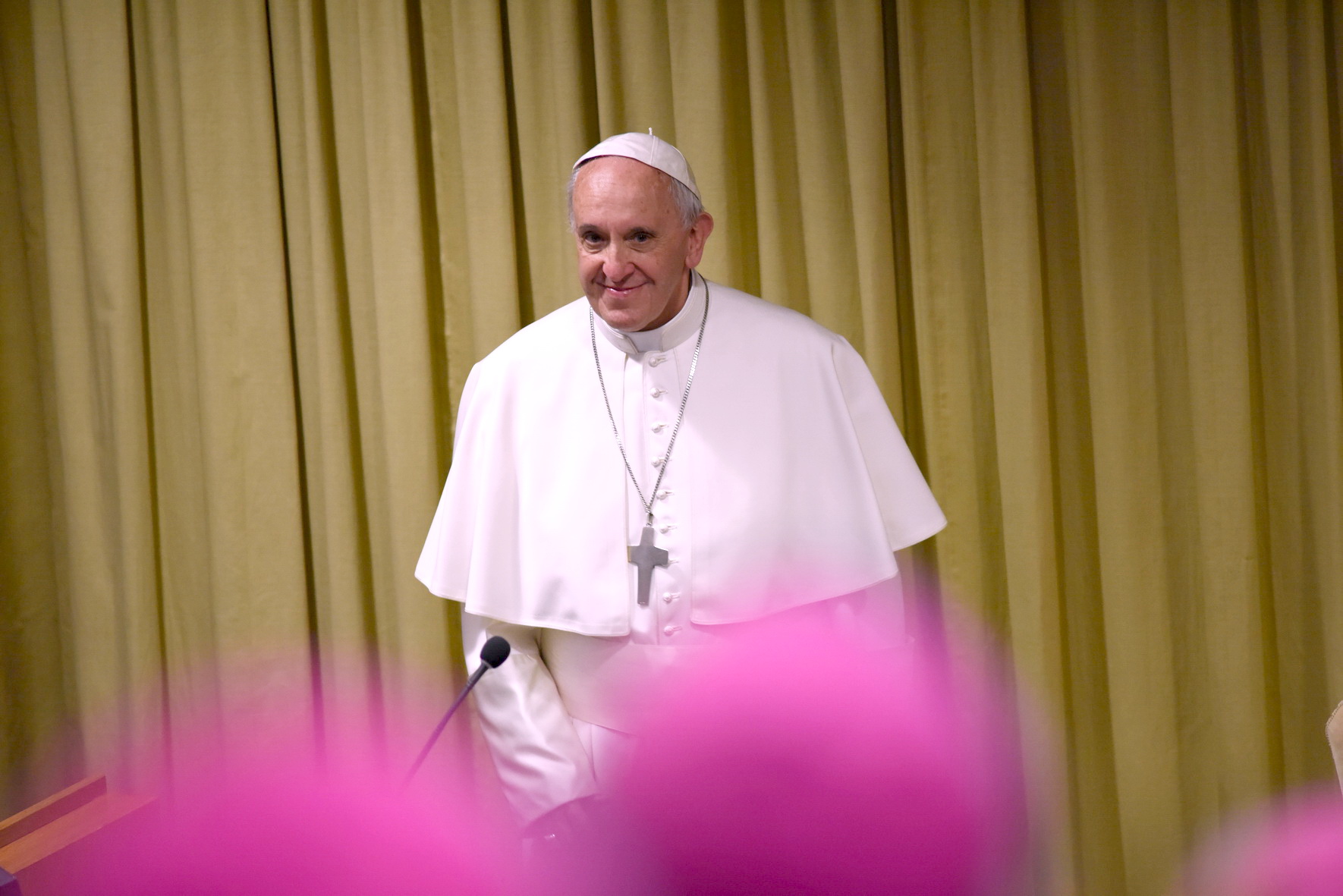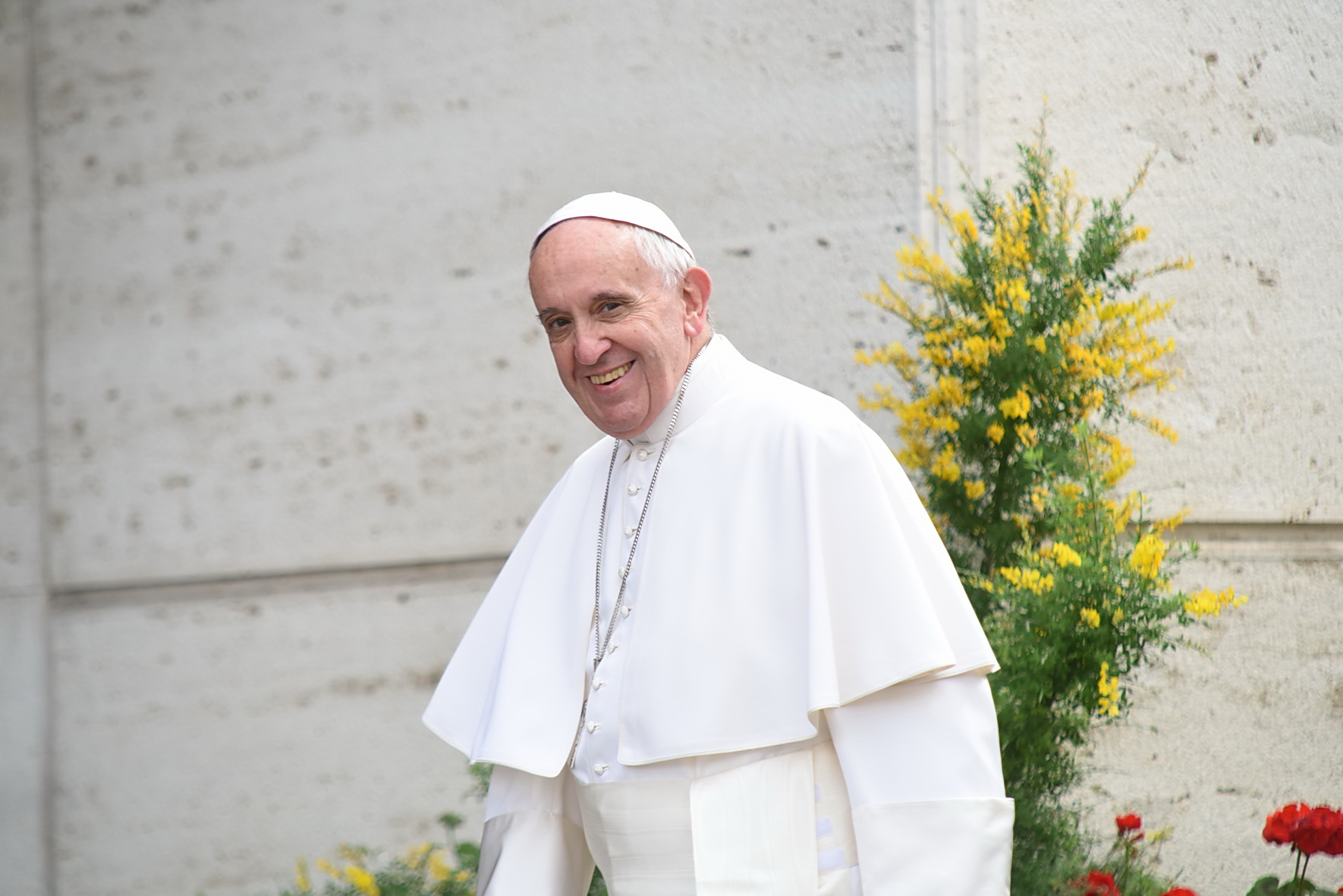
“If expressly approved by the Roman Pontiff, the final document participates in the ordinary Magisterium of the Successor to Peter.” It’s the major innovation contained in Pope Francis’ Apostolic Constitution on the Synod of Bishops. In the approval of the final document the Pope calls upon the Synod fathers to seek “moral unanimity” whenever possible. Non-bishops can also be called to the Synod. In addition to the ordinary Council, the document establishes that the General Secretariat will be supported by a Commission for the preparation and implementation of the Extraordinary General Assembly and of the Special Assembly.
The heritage of Paul VI. Paul VI – Francis highlighted in the Apostolic Constitution – established that the Synod of Bishops
“would normally have an advisory function, giving the Roman Pontiff, under the impulse of the Holy Spirit, information and advice on the various ecclesial issues”, while “it could also retain deliberative power should the Roman Pontiff so decide.”
The Synod of Bishops has “continued to evolve gradually”, even after the publication of the Code of Canon Law and the Code of Canons of the Eastern Churches, up to the most recent revision of the Ordo Synodi, promulgated by Pope Benedict XVI on 29 September 2006. In response to questions “that require the timely intervention and agreement of the pastors of the Church”, the Pope says, “there has been a growing desire in recent years that the Synod should increasingly become a particular manifestation of the efficacious realization of the solicitude of the episcopate for the whole church.”
“All the pastors have been constituted for service to the holy People of God, to which they themselves pertain in virtue of the sacrament of Baptism”, Francis states with regard to the nature of the Synod, “called to become an even greater channel for the evangelization of today’s world, rather than for self-preservation.”
“A veritable refoundation of the Synodal organism”, thus Cardinal Lorenzo Baldisseri, General Secretary of the Synod of Bishops, defined the Apostolic Constitution Episcopalis Communio. “The Pope does not stand alone above the Church”, His Eminence remarked. “He is inside the Church as a Baptised among the Baptised and in the Episcopal College as a Bishop among the Bishops, while being called as Successor of the Apostle Peter to guide the Church of Rome that he chairs in the love of all Churches.”
Among the innovations Baldisseri mentioned the “ecumenical implications” of the Synod, that can bestow greater light “also to the exercise of the Petrine ministry”. “Pope Francis shows us that through the due enhancement of the Synodal dimension of the Church, entailing the involvement of all the faith community and of the collegial dimension of the episcopate therein, tasked with reading the doctrine on primacy through the lenses of communion, the ‘conversion of the papacy’ called for by Saint John Paul II that enjoys the considerable interest of our Orthodox and Protestant brethren can be finally initiated.”
No longer an event for “insiders”. It’s the Bishops’ Synod emerging in the new Apostolic Constitution, illustrated by Dario Vitali, Consultant of the General Secretariat of the Synod of Bishops and Ordinary Professor of Dogmatic Theology at the Pontifical Gregorian University. For the speaker, the “sensus fidei” of the People of God occupies a central place in the document: “As compared to the Council we see not only continuity, but progress. In fact, while Vatican II, had recovered the subjects and their specific functions inside the Church, the Constitution applies and translates these indications into ecclesial practice, developing a synodal journey in stages, which begins by listening to the People of God; it continues by listening to the pastors; it culminates in listening to the Bishop of Rome, called to pronounce himself as a pastor and Doctor of all Christians. These passages are given normative expression in the constitution Episcopalis communio.” “The Church of the Fathers was a Synodal Church”, Vitali pointed out.
“Church and Synod are synonymous”,
Francis said in his address for the 50th anniversary of the institution of the Synod of Bishops quoting from Saint John Chrysostom: the purpose of Episcopalis communio is to “immediately regulate the celebration of the Synodal assemblies having as its horizon a Synodal Church towards which we are all called. The ideal bond with the Church of the first centuries, that acted synodically, is very strong. In this sense, indeed, the celebration of the Synod becomes somehow the image and model of the Church herself, called to establish her entire life on the synodal principle of mutually listening, at all levels.”
The new Constitution, remarked Msgr. Fabio Fabene, Secretary General of the Synod, promotes the “sound decentralzation” called for in Evangelii gaudium. “The Synod is not an end in itself”, he pointed out, underlining the importance of the implementation stage, “whose purpose is to further the reception of the Synod’s conclusions, submitted by the Pope, inside the particular Churches, within a cooperative process involving the Dicastery of the Roman Curia competent for this theme and the Synod’s Secretariat.” The upcoming October Synod, dedicated to young people, will thus see the first implementation of the Synodal regulation.












